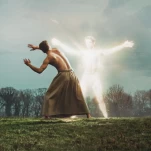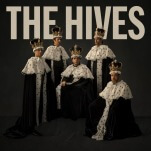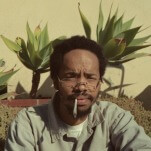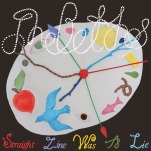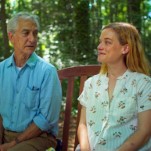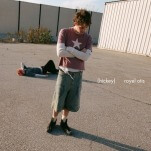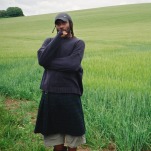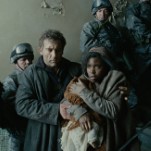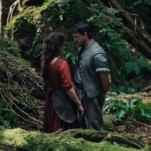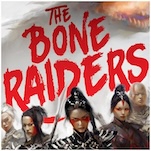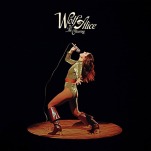The Curmudgeon: Ray Davies—Preserving Old, Rural Ways as a Kind of Rebellion
Photo courtesy Big Hassle. The 1968 Kinks (clockwise from foreground): Dave Davies, Ray Davies, Mick Avory and Pete Quaife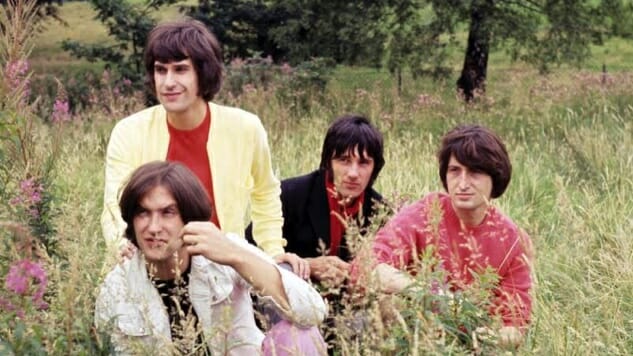
Sometimes the most radical act is resisting the new and preserving the old.
This cuts against our assumptions that progress is all about discarding established forms and replacing them with alternate structures. We assume that this is true not only of our politics but also our personal relationships, daily life and especially our music.
The Kinks’ Ray Davies saw through this solipsism back in 1968, when his band released The Kinks Are the Village Green Preservation Society. The London quartet, which had pioneered heavy-metal power chords on singles such as “You Really Got Me” and working-class rabble-rousing on singles such as “Dead End Street,” were now championing the commons that sit in the center of most English villages and the Tudor houses and swinging-sign pubs that surround each green.
Davies perceived that the relentless hunger for the latest trend, the newest gadget, the hot new star, the movement of the moment, often feeds capitalism’s insatiable urge to grind up the old so that we’re primed to purchase whatever’s new. What gets ground up first are the aspects of life that can’t be sold as products: hand-me-down recipes for custard pie and strawberry jam, dart games at the pub and neighborhood organizations that stand up for old buildings and common spaces. And such things are most likely to be preserved in small towns, where cultural turnover is slower than in the cities.
So, in 1968, at the height of hippiedom, student demonstrations and psychedelia, Davies wrote a batch of songs that said, “Whoa, hang on, let’s not throw out the baby with the bath water.” And the Kinks recorded the tunes with a new kind of pastoral-rock more suitable for tea and scones than blotter acid. It was a brilliant, contrarian move, and it has lessons for us half a century later. The choice, Davies implies, is not the false one between old and new, rural and urban, but rather between community and commodity, between the citizen as neighbor and the citizen as consumer.
On its 50th anniversary, at the end of last year, the album was celebrated in England with a Deluxe reissue that included the original album on CD plus a bonus CD of outtakes. The Super Deluxe version was a huge box with five CDs, five vinyl LPs, three seven-inch singles, a hardback book and a packet of photos.
In the box set, there’s a snippet from a 1968 BBC interview, where Davies says, “I was looking for a title for the album about three months ago. when we had finished most of the tracks, and somebody said that one of the things the Kinks have been doing for the past three years has been preserving nice things from the past. So I thought I’d write a song which said this…. Everybody’s trying to change the world; I’ve tried and I’ll probably try again, but I don’t think you can change Britain that much, because we’re the way we are. So I’m just going to try and hang on to a lot of the nice things.”
Davies was mistaken there; the world does change, constantly and at an ever-accelerating pace. The question is: For whose benefit will it change? For the developer who argues that a piece of property is too valuable to be wasted on an old-fashioned stone church housing nothing more important than a volunteer choir? A skyscraper, he claims, would pump so much more money into the local economy (not to mention his own pocket). Or for the neighbors who’d prefer to walk by the handsome old building and hear the hymns leaking out through the stained-glass windows?
Change is coming whether we want or not, so we should try to preserve the nice things and discard the ugly. Surely, we can tell the difference. Surely, as Davies sings, we can be both “the Draught Beer Preservation Society [and] the Skyscraper Condemnation Affiliates.”
One way to imagine a better society is to employ science fiction to describe a utopian future. But just as valid is using nostalgia to describe a utopian past that never existed in such a pure form but which contained elements that we can remember rather than merely dream of. That’s what Davies is up to here: mapping a road out of our present predicament by traveling through a familiar past to get to an optimal future. And where does that past still exist? In the farmlands and villages outside our big cities.
The current administrations in the UK and the USA were elected on the strength of rural votes and a vow to protect rural values. Both regimes have betrayed those promises by leaving their small-town supporters even less protected from multi-national corporations than ever. That doesn’t negate the validity of the rural voters’ complaints; it just means they’re taking the wrong medicine for their ailments.
-

-

-

-

-

-

-

-

-

-

-

-

-

-

-

-

-

-

-

-

-

-

-

-

-

-

-

-

-

-

-

-

-

-

-

-

-

-

-

-




